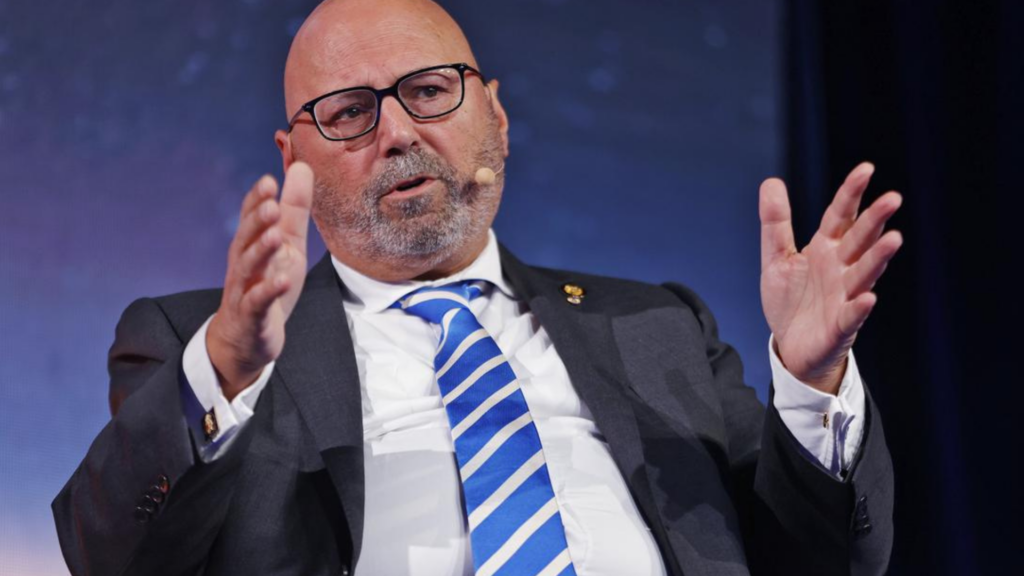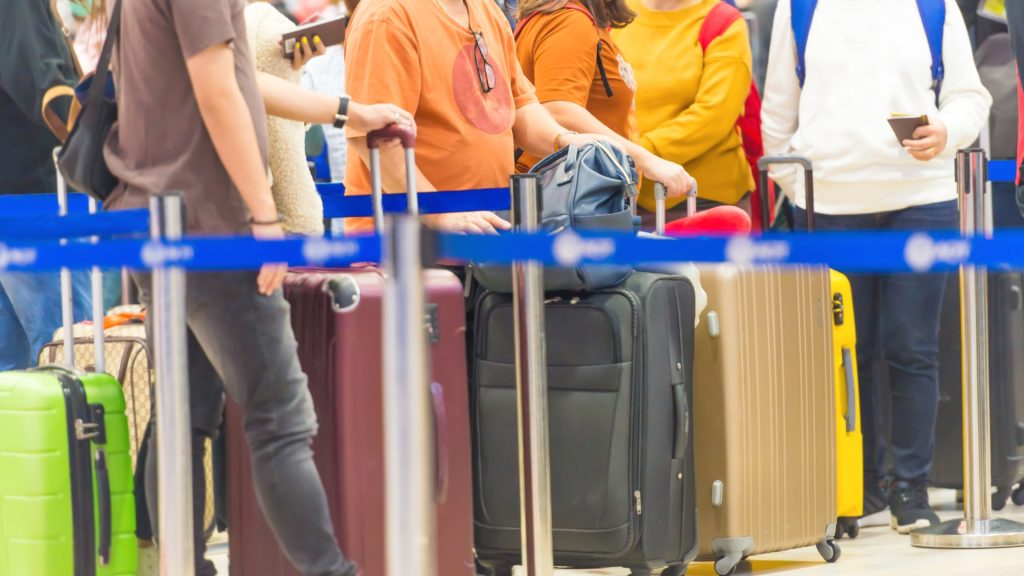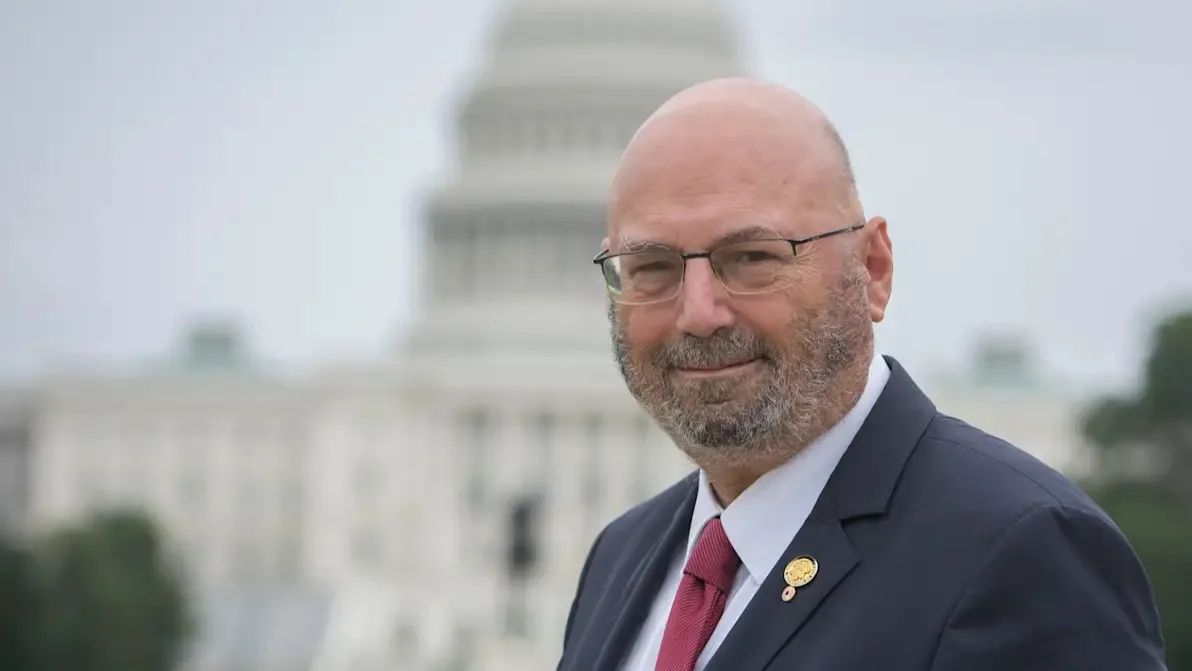As the United States reintroduces tariffs on key Australian exports such as beef, questions have emerged over the broader implications for Australia–US relations and the resilience of the economy in the face of renewed protectionism.
Former Australian Ambassador to the US Arthur Sinodinos sat down with The Greek Herald to offer his expert insights.
Drawing on his diplomatic experience in Washington and deep connections to both the political and Greek Australian communities, Sinodinos unpacks the motivations behind this US policy shift, its likely impact across trade, tourism and diaspora mobility, and the opportunities it may open up for closer ties with Europe — especially Greece.

Mr Sinodinos, how do you assess the recent US tariffs on Australian steel and beef? What are the broader implications for the bilateral trade relationship between the US and Australia?
Australian steel and aluminium face a tariff of twenty five percent and there is to be a ten percent tariff on other goods including beef. This was at the low end of the tariffs levied. Australia argued that the strong defence relationship and the trade surplus that the US has with Australia merited no tariffs being levied.
The impact on the domestic economy will not be relatively large. However, the move indicates that the Trump Administration is focused on encouraging manufacturing industry and raise revenue. The Australian government is pushing trade diversification measures including a free trade agreement with the European Union.
Given your experience in Washington, what do you believe motivated this shift in US trade policy? Is this a strategic move or more about domestic protectionism in an election year?
This is both a strategic move and fulfills an election promise. President Trump believes tariffs can be a powerful incentive to reindustrialise America and counter the rise of China as an economic, tech and geopolitical power. He is committed to creating well paying middle class jobs and equates manufacturing with that objective.
How might these tariffs ripple through the Australian economy — particularly in regions with strong steel and beef production? Are we likely to see job losses or shifts in export strategy?
The impact on Australia will not be relatively large given that steel and aluminium exports to the US are not large and the overall low tariff rate. Measures are already being put in place to soften the impact of tariffs on affected sectors and exporters are looking to diversify their markets.
Could these tensions influence other sectors, such as tourism or aviation, in indirect ways? For instance, are there concerns about how airline routes or pricing might be affected, particularly for diaspora communities traveling internationally, including to Greece?
The impact on sectors like aviation and tourism depends on whether global trade and investment slow down because of the overall rise in protectionism. A slowdown might coincide with higher inflation so the impact on tourism and aviation is complex to break down. A slowdown might affect propensity to travel and reduce airline ticket prices, while higher inflation and costs may impact prices in the opposite direction.

As someone deeply engaged with the Greek Australian community, do you foresee any impact on diaspora mobility or seasonal travel — especially for the younger generation connecting with heritage or elderly Australians returning to visit family?
The impact on diaspora mobility and seasonal travel will depend on how a potential slowdown affects incomes and willingness to spend on discretionary items like tourism and travel. Lower tickets prices for airlines would encourage travel for those who can afford it.
Finally, do these developments mark a temporary strain or a more long-term recalibration of Australia’s trade alignment? Could this prompt a stronger pivot toward Europe or Asia, potentially benefiting countries like Greece through renewed trade or tourism links?
Too early to say how long the impact of recent Trump tariff changes will last. Some countries that are more affected like Canada are already debating fundamental changes in their economic, trade and geopolitical settings. In Australia’s case, while taking trade diversification action, there is strong support at the political level for our alliance with the US. We can do more with countries in Asia and Europe. The potential Australia-EU free trade agreement provides a framework for more engagement with Greece, facilitating trade, tourism, and investment between our two countries.
Is there anything else you’d like to say?
This is a good time for the Greek Australian business community to consolidate the various trade associations and create a high-powered Australia Greece Business Council to take the relationship to the next level. We have many successful Greek Australian entrepreneurs who can contribute.
